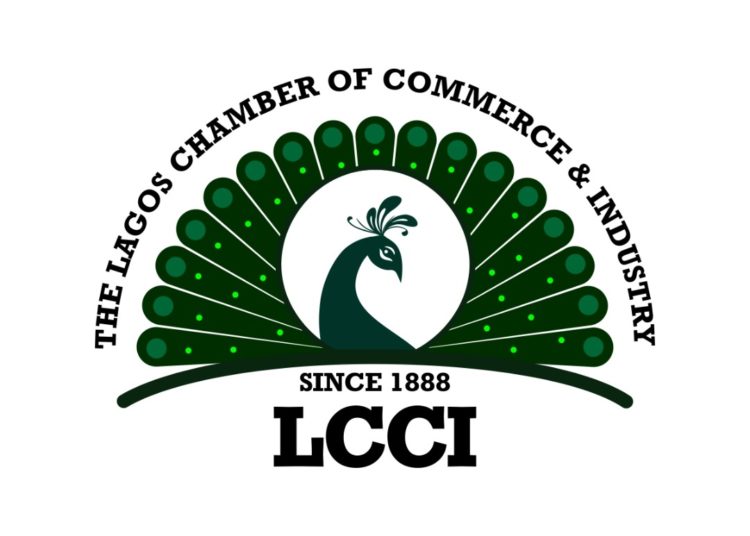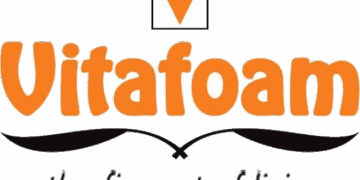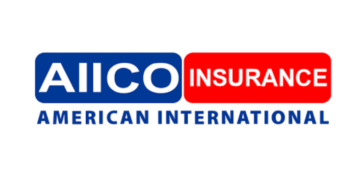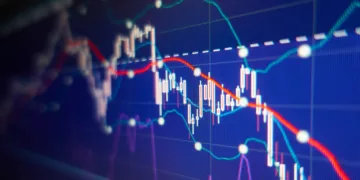The Lagos Chamber of Commerce and Industry (LCCI) has called on the government to offer a targeted intervention for the movement of food items from production areas to high-demand areas to cushion inflationary pressures.
LCCI stated this, while reviewing the recent states’ inflation rates, the three lowest rates were recorded in Borno, Jigawa, and Kaduna, while the highest rates were found in Akwa Ibom, Ebonyi, and, Kogi States.
It said: “these records may reflect the lockdown on food items in the northwest and northeast since the food items are not brought to the south due to insecurity constraining the movement of goods.
“This is a warning signal of massive food waste in some parts and scarcity in others. Government should offer a targeted intervention for the movement of food items from production areas to high-demand areas to cushion inflationary pressures.”
The director-general of LCCI, Dr. Chinyere Almona, explained that in July 2022, Nigerians paid more for goods and services than they did exactly a year earlier in July 2021 by a relatively high rate of 19.64 per cent, saying, with this, Nigeria has now had six consecutive months of increased inflation, and the rate is at an almost 17-year high.
According to Almona, this is largely attributable to rises in food and energy prices, forex scarcity for imports of critical raw materials for manufacturing, and constrained production due to insecurity in some agricultural sites across the country.
“On the other hand, core inflation increased to 16.26 per cent from 15.75 pe cent because of price increases in gas, liquid fuel, solid fuel, garments, and passenger transport by road and by air. It should also be noted that the high cost of aviation fuel, Jet A1 drove the cost of air transport to the roof and became a major driver of the July inflation rate,” she pointed out?
She added that, specifically, for manufacturers, input prices have spiked, noting that, items such as diesel which most firms depend on for powering their factories have continued to rise in price, causing an unbearable cost of production which also translates to higher consumer prices.
She noted further that, Nigeria’s energy crisis is worsened by the poor supply of electricity and a bumpy road to renewable energy deployment.
She said, there is need for a good mix of both fiscal and monetary policies to tackle the core drivers of the inflation scourge in Nigeria.
“There should be targeted financing for critical sectors like agriculture, food processing, aviation fuels, transport, and forex availability for manufacturing inputs. It is obvious that the government’s intervention so far has not impacted the inflationary pressures that keep rising till now.
“Without concrete and quick steps to intervene, the rising tide of the inflation rate may continue into the end of the year. A major worry is about the inflation scourge constraining production, causing job losses, and courting an imminent recession,” she explained.





